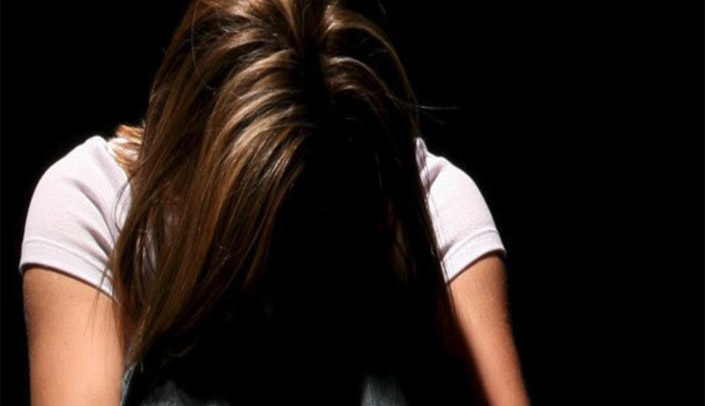Do you often feel blue or down in the dumps?
We all have our ups and downs in terms of our mood — it’s part of being human. It’s normal to have the occasional day when we feel sad or less energetic. Usually tomorrow or the next day will be better, but what if those “down” days won’t stop? How can we tell the difference between normal “bad mood days” and actual clinical depression?
The Diagnostic and Statistical Manual (DSM) of the American Psychiatric Association lists nine main symptoms of depression:
- Persistent sad mood
- Loss of interest in most of your usual activities
- Decreased appetite and unintended weight loss
- Insomnia or excessive sleeping nearly every day
- Slowing down or speeding up of mental and physical activities
- Very low energy level
- Feeling worthless or inappropriately guilty
- Trouble concentrating
- Recurrent thoughts of death and dying, possibly complicated by suicidal thoughts.
For a diagnosis of clinical depression, a person needs to have at least five of those symptoms, and one of them must be sad mood or loss of interest. These symptoms need to be there for at least two weeks, and cause significant distress to a person. In actuality, most people with clinical depression suffer much longer than two weeks before seeking help.
Note that a person does not need to feel sad or depressed to have the illness we call “depression.” Men, for example, often don’t report feeling sad when depressed, but may become more irritable than usual. So depression can sneak up on a person gradually and not be obvious to the person with depression, but it is usually more evident to those around them, who notice that the person is “just not themselves.” They often pull back from normal activities and don’t initiate social contact, for example.
Where can you turn to for help?
For those normal “down” days, many people find that getting themselves to be more active physically can help a lot. Getting outside for a walk, a run, or a bike ride, for example, can be very helpful for our mood. Reaching out to a friend for a chat or a meal is also a great thing to do. Others find that writing down how they feel lets them deal with negative emotions a lot more effectively.
Getting enough sleep is also a very important thing to do. Sometimes focusing on getting the recommended seven to nine hours of sleep every night can really help our mood and energy level.
Sometimes, though, doing it yourself just isn’t working as well as you want it to. We can all benefit from some professional help from time to time. A good place to start is with your primary care provider, who can screen you for depression as well as common physical causes of low energy and low mood. PCPs also can prescribe medications to help depression, when it’s appropriate to do so, and also can help you find a mental health provider when that’s necessary, as they work with these fellow professionals regularly.

Thank you for your knowledge and wisdom, Dr. Wengel. Depression is not weakness, poor moral character, or lack of fortitude. Pulling one up by one's bootstraps does not cut it. And it definitely cannot be treated alone, with willpower alone. Thanks for pointing out that there is help available. It takes courage to continue on with depression, and it takes courage to reach out for help.